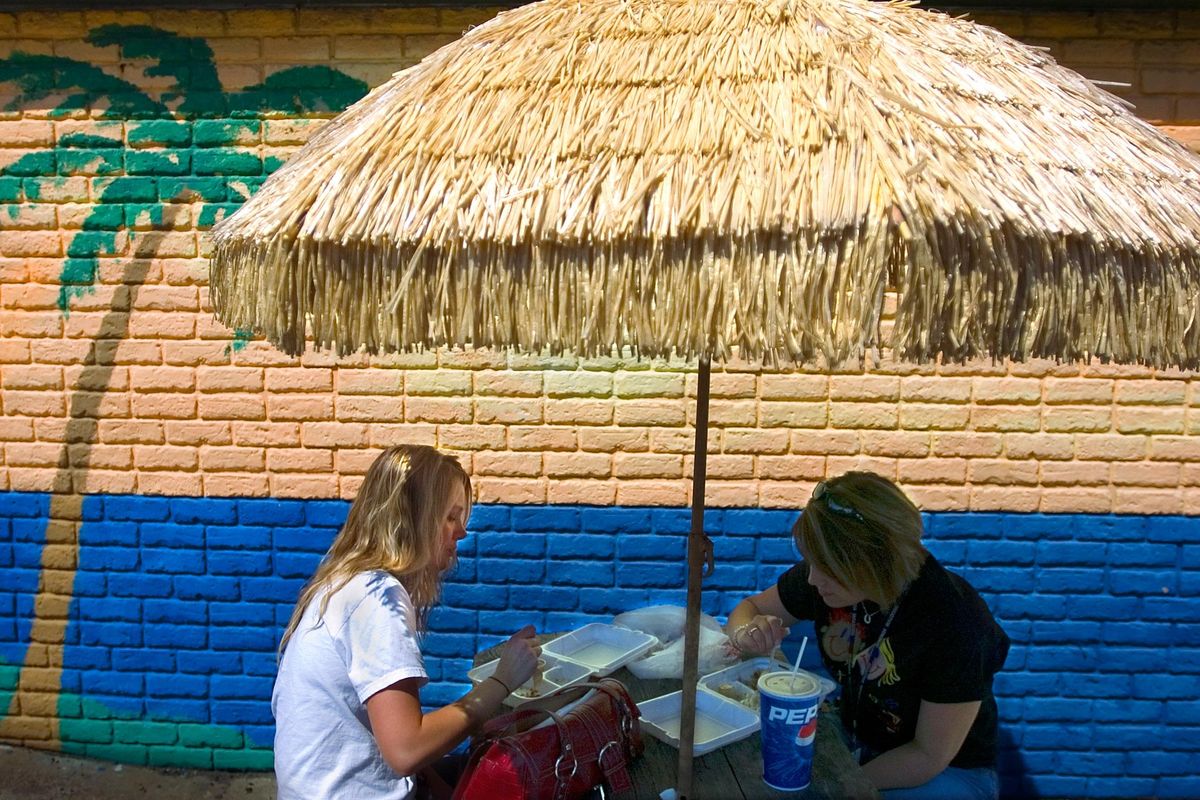No spikes in water usage as Spokane heads toward dry-spell record

As Spokane skies remain bone-dry heading into the weekend, the city is on track to mark its second-longest dry streak since records began.
On Saturday, Spokane will have endured 65 days without rain, tying for the second-place record with dry spells in 1973 and 1883.
The record for most rainless days was set in 1917, at 73.
Though some areas saw brief, light rainfall near the end of July, there was not enough precipitation to break the streak.
Despite the rainless months, water districts in Spokane and Spokane Valley say water usage this summer has been par for the course.
Modern Electric Water Co. saw less than a 1 percent rise in water usage in its district despite the dry weather, said Bryan St. Clair, the company’s water superintendent. This summer’s water usage has been essentially the same as it has been for the past four years, and the long rainless summer hasn’t required the company to alter any operations, St. Clair said.
The dry spell hasn’t changed water usage among Vera Water and Power’s customers either, and water usage may even be a bit lower than usual, said company spokeswoman Catherine Cronin.
The city of Spokane hasn’t seen a noticeable spike, with this season being pretty normal, said Loren Searl, Spokane water maintenance superintendent.
St. Clair said the absence of any spike in water usage surprised him, though he said there are many factors that influence how customers use their water. In many cases, customers have gotten smarter about conserving, he said.
Cronin and Searl agreed, each noting their organization sends messages on water conservation to raise awareness among customers.
“I think we are seeing people become substantially more aware of water as a precious resource,” Cronin said.
Prior to this dry streak, Spokane broke a record in April after it had its wettest season (measured October to April) since record-keeping began in 1881. The National Weather Service said in a tweet that Spokane has seen more precipitation this year than normal due to a wet spring.
With forecasts predicting another week of high temperatures and little chance of rainy relief, Spokane is on course to blaze past the longest dry streak on record on Sept. 10 – breaking the 73-day streak set almost exactly 100 years before.
“It’s looking pretty likely, unless there’s some sort of fluke,” said Joey Clevenger, a meteorologist in the National Weather Service’s Spokane office. “There’s not a lot of moisture in the air, and we aren’t seeing any coming.”